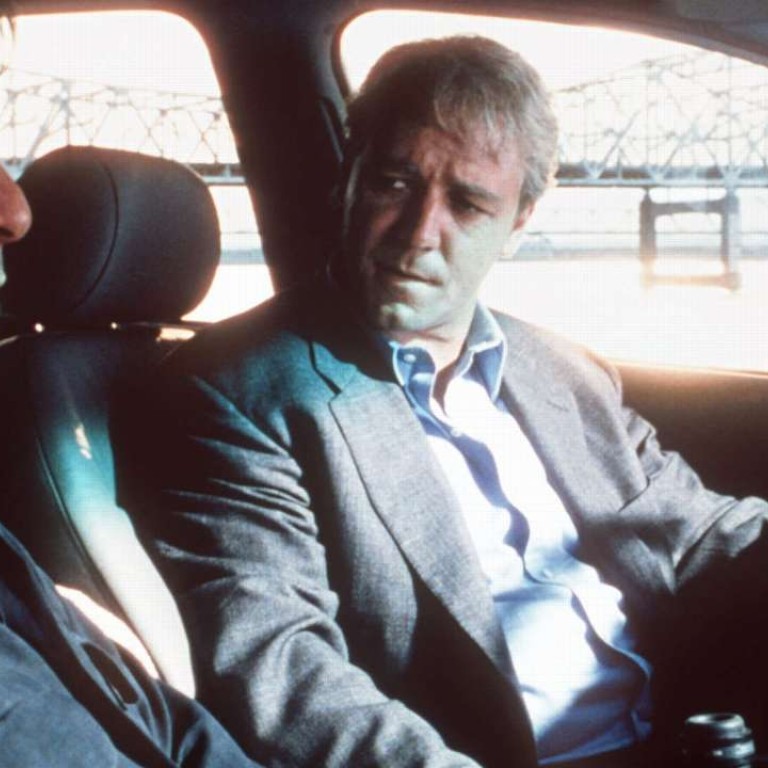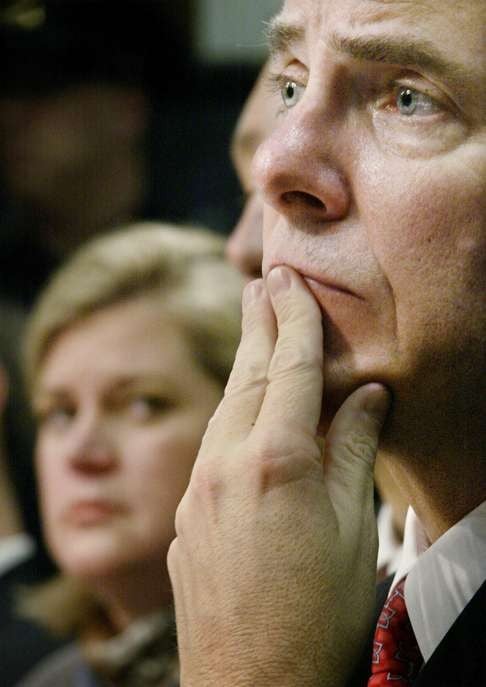
On whistleblowing, should you let your conscience be your guide?
Disentangling the conflict between an employee’s duty of loyalty to employers, and the hard to define but very real concept of the wider public good
What on earth are we to make of Eric Ben Artzi, the former Deutsche Bank risk officer who has just turned down a seven-figure US Securities and Exchange Commission reward for exposing false accounting by his former employer?
Deutsche was found guilty of making misleading statements about its credit derivatives by passing off leveraged trades as being unleveraged, the equivalent of, say, ‘trying to pass off a used Kia as a BMW’, as the Financial Times, humorously described it.
Ben Artzi declined to accept the SEC reward not least because he is angry that the bank’s shareholders have to pay the US$55m fine, not the individuals responsible for the malfeasance.
There will be people reading this who have not the slightest sympathy with Ben Artzi’s plight because they strongly dislike the idea of employees getting involved with whistleblowing.
They will almost certainly feel the same about rather more famous corporate whistleblowers such as Sherron Watkins who exposed the false bookkeeping at Enron, that ultimately led to its demise, or indeed Jeffrey Wigand, the biochemist at tobacco manufacturer Brown and Williamson who revealed how his employers introduced carcinogenic substances into its products to increase the tobacco’s impact.
His revelations did not cause B&W to go under but he ended up being portrayed by Russell Crowe in a high-impact movie, The Insider, about his exploits.
There are many others who have chosen to speak up in other ways, perhaps most famously the highly controversial Edward Snowden, now living in exile in Moscow after leaking highly classified information from his former employer, the US National Security Agency, revealing its mass surveillance activities on citizens.
This newspaper has notably championed his cause and has been heavily criticised for so doing.
Even if their colleagues do not inspire a close personal relationship, would-be whistleblowers are well aware that they can face being ostracised
Many employees are aware of their employer’s dubious activities on a far less dramatic scale but choose to remain silent in part because they fear personal repercussions and also because of a wider sense of responsibility towards the organisations that put bread on their tables.
The bottom line in all this is incredibly hard to discern because there are very real problems disentangling the conflict between an employee’s duty of loyalty to employers and the hard to define but very real concept of the wider public good.
There are also more complex personal reasons for keeping silent. Many people know of bad things their colleagues are doing, but they are not only workmates but also friends.
So, should they snitch on their friends? Even if their colleagues do not inspire a close personal relationship, would-be whistleblowers are well aware that they can face being ostracised.
There is also another major obstacle to whistleblowing: what if the information is plain wrong or ambiguous to the degree that it could well be wrong? Think how much trouble can be caused by a careless piece of revelation?

Britain, for example, has something called the Public Interest Disclosure law, and closer to home,legislation on these lines is being considered in Taiwan.
The incentives to keep silent are therefore considerable but there is such a thing as conscience and it’s not as nebulous as it sounds to some ears.
Ben Artzi’s case illustrates how this works because he was no novice when he found that there were serious problems over the way that Deutsche Bank conducted its business.
He first worked on structured credits at Citibank and was dismayed by the cosy relations the bank enjoyed with the rating agencies that were supposed to provide some kind of watchdog.
From there he went to Goldman Sachs and then to Deutsche by which time he had a growing sense of unease about the integrity of the work he was doing. When he finally spilt the beans he did so with considerable knowledge of the consequences for banks as a whole.
By coincidence, news of Ben Artzi’s rejected reward comes as the spotlight is being shone on the cosy cartel that dominates the accountancy industry.
A Florida court is considering a US$8.5bn lawsuit alleging negligence by PwC for failing to identify the conspiracy leading to the collapse of the mortgage lender Taylor, Bean & Whitaker.
This case vividly illustrates the problems of what amounts to a watchdog business, ie, accountancy, when it is so dominated by just four firms who have conflicts of interests with their clients and the muscle to keep other firms out of contention for large accounting business.
It takes little imagination to wonder what a whistleblower might have to reveal in these circumstances and even less imagination to understand whether they would be acting in the public interest.

